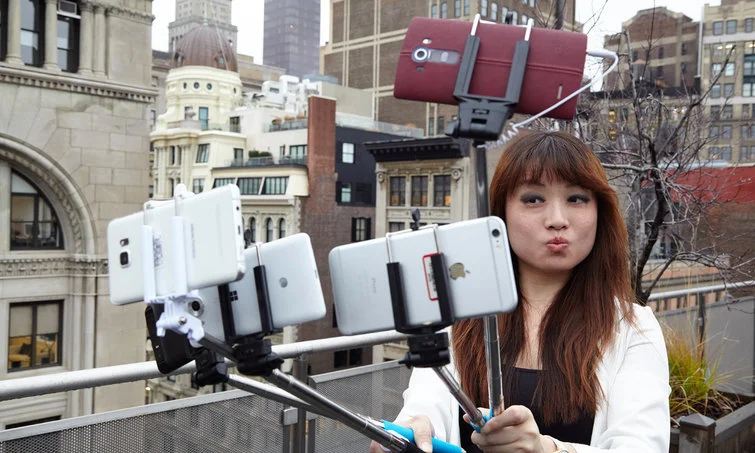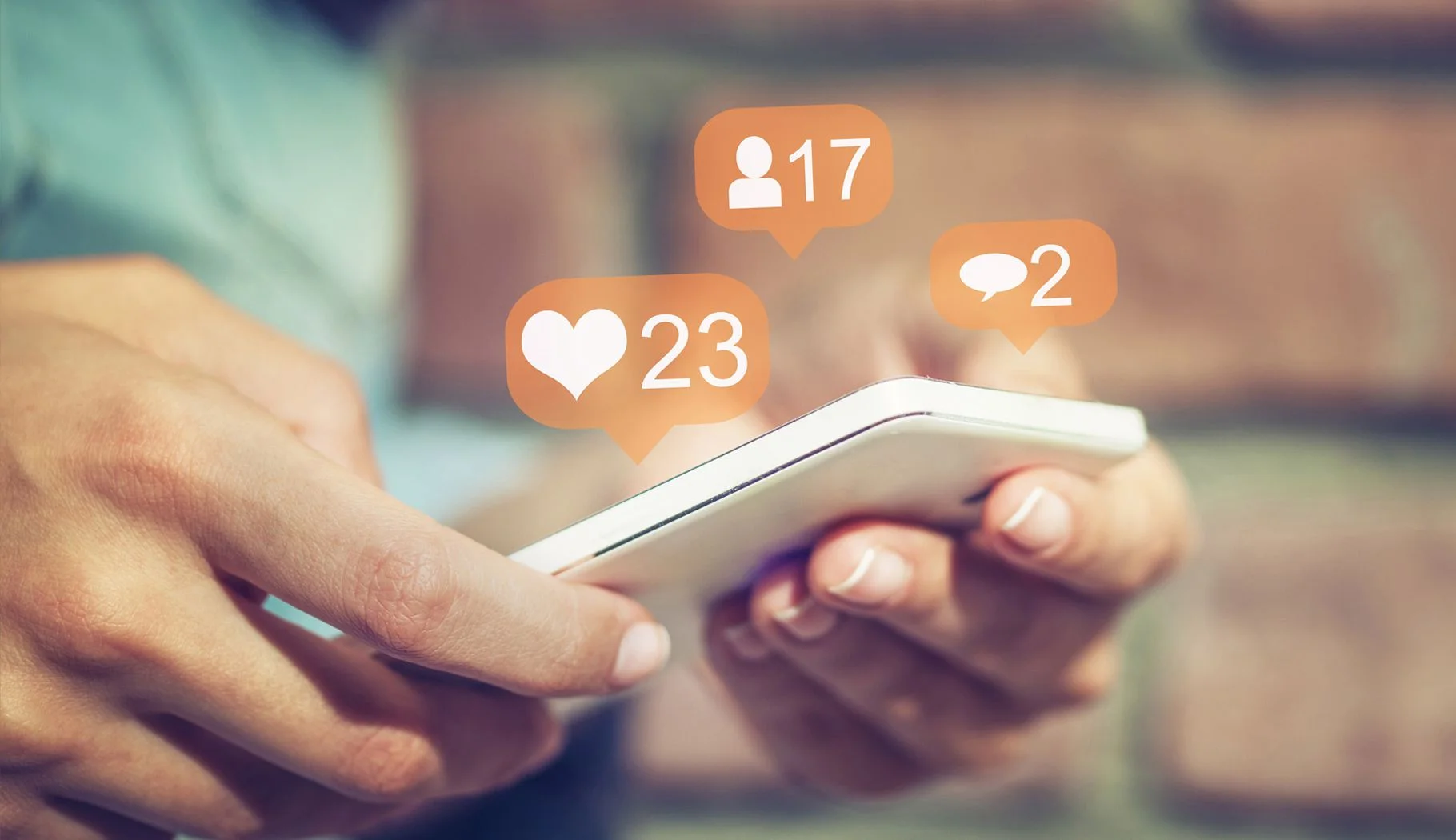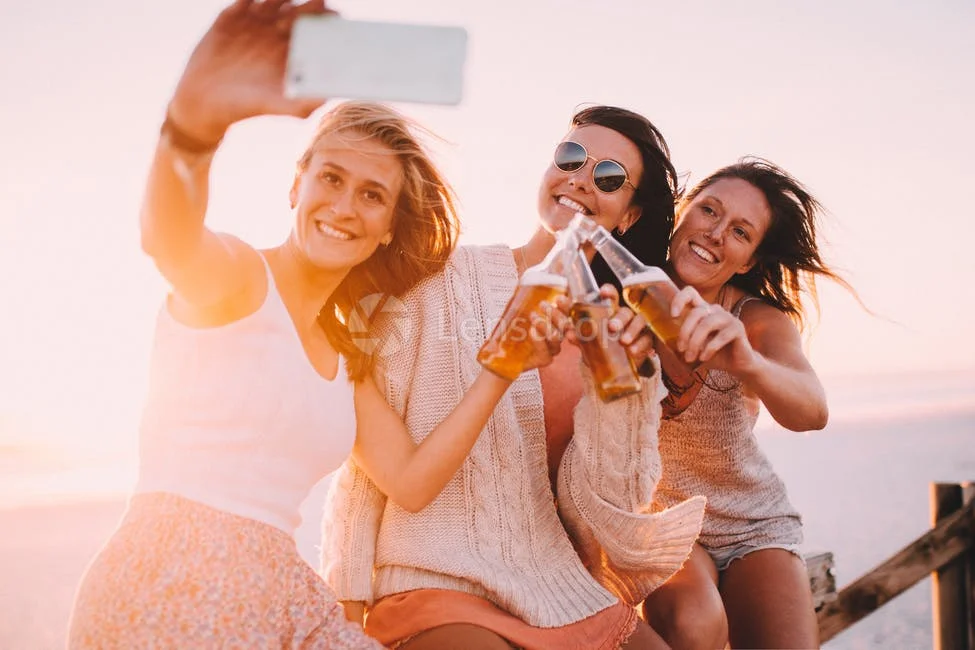Do We Love Selfies, Yet Hate Ourselves?
Perhaps one of the most emblematic aspects of modern society is the selfie. At any given moment, at any given place, there is someone taking a selfie—maybe on snapchat, maybe on their front camera. It’s a testament to our growing use of technology, to our mind-numbing consumption of all things social media. It’s, possibly, a testament to ourselves. To our beauty, our might. After all, we aren’t the first generation to take pleasure in viewing ourselves. Paintings of kings and queens riddle palaces; hieroglyphs of pharaohs and their female counterparts are in many a museum. What, then, is this very peculiar space that we currently exist in? This isn’t quite a new phenomenon; humans are narcissists, big deal. But technology, social media, and the rapid expansion of them both has undoubtedly affected modern life in a new way.
Now, I’ve never been one to harp on “this generation.” Personally, I think this generation and many of the ones before it are more similar than we’d like to acknowledge. We love; we lust; we make really bad decisions despite really great advice. However, there are some noticeable differences that we just can’t ignore. With technology growing as quickly as it is, this narcissism that we’re all so accustomed to has grown as well. I know I, for one, can barely go a day without taking a picture of myself: is this vanity or is this self-love? I also rarely go a day without engaging in social media. And this isn’t an anomaly—many people would say the same. Have we as a society really become too engrossed in not only our own lives, but the lives of others?
Social media does, in fact, have a ton of redeeming qualities. It’s a news source, a center of never-ending comedy, a place people go to meet with others. It’s started new relationships, connected old ones. But, it quickly becomes a hub of insecurity when people let the lives of others dictate their own. We’re showered with selfies and bombarded with pictures of everybody “flexing,” forgetting people show us the side they want us to see and hide what they don’t. Feelings of inadequacy and insecurity can quickly emerge. It’s almost as if everybody has something to prove, as if we can’t escape this matrix. Being stuck in this labyrinth of other people’s lives can become addicting but wanting people to check into yours can become even more obsessive. When we post that bomb selfie and get only a few likes we may start to second-guess ourselves.
“Maybe this picture is really ugly.”
“Maybe I’m ugly.”
“Why is nobody liking this? I thought I looked great!”
Our lives have been taken over by our need to be admired. People have even gotten into the habit of trolling—intentionally angering people—for retweets and likes. It’s almost as if some have forgotten how to actually live, how to just be. Some have forgotten what it is to experience life without the overarching thought of pleasing other people. What’s interesting to note is that some—both on and off social media—never knew how to do that from the beginning.
And thus, we have the many complexities of social media in The Selfie Age. The individuals on Twitter or Instagram are very much real people; we aren’t all just a conglomerate of phonies. But there is this layer of faux reality that covers much of what goes on social media. To some, not all, these social outlets can be a platform for them to express their real selves without judgment, or to express the self they’d like to be. It can be a very difficult phenomenon to navigate.
Here in this Age of the Selfie we are incredibly narcissistic, but in many ways our narcissism lies in the hands of the people who click on our photos or tweets. It shouldn’t be lost on us the importance of social media. It shouldn’t be forgotten how important it is to capture memories—I like to snap pictures (of myself, and of others), simply because I love remembering those little moments. But the ways in which social media and technology have altered our daily lives needs to be recognized and addressed. It would be dishonest to say they haven’t drastically improved my life in some way. But it would be equally dishonest of me to ignore the ways in which these advancements have made us unequivocally focused on the lives of others. Ask yourself: are selfies (and thus, social media) truly a reflection of our own self-absorption? Of our absorption of others? Are we constantly battling an internal fight with ourselves to be better? An internal fight with others to be better than them?



